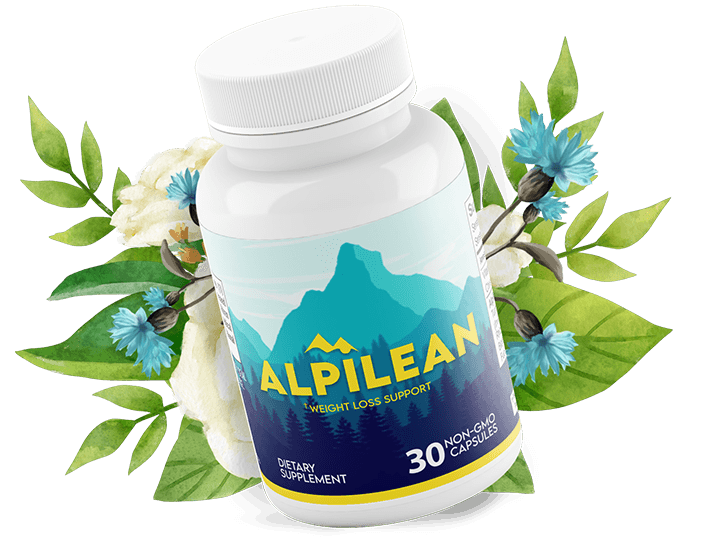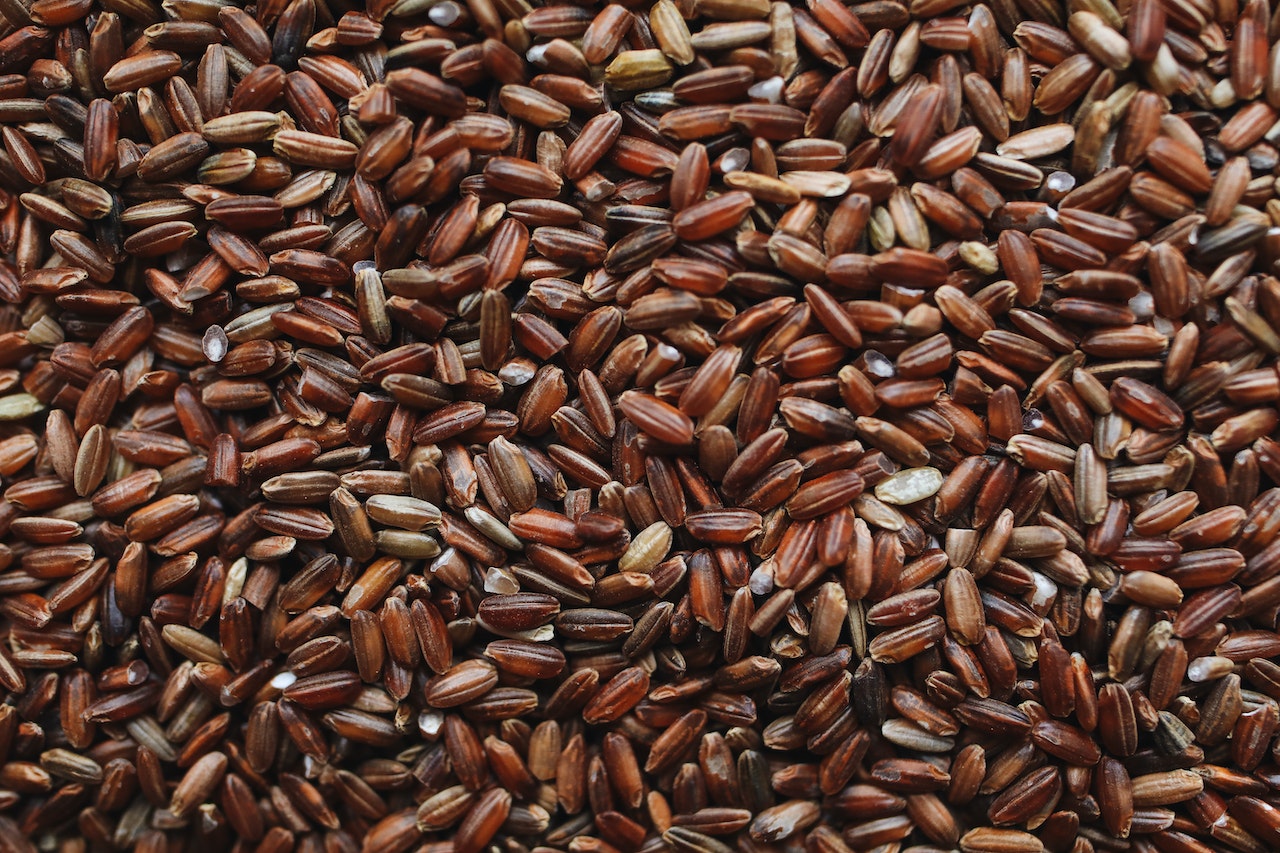A healthy diet plan is an important part of maintaining overall health and well-being. It can help to prevent a range of chronic diseases, such as heart disease, type 2 diabetes, and certain types of cancer. Additionally, a healthy diet can help to support a healthy weight, boost energy levels, and improve mood and mental health.
There is no one-size-fits-all healthy diet plan, as everyone has different nutritional needs based on factors such as age, gender, weight, height, and activity level. However, there are some general guidelines that can help to ensure that you are getting all of the nutrients your body needs to function optimally.
Here are some tips for creating a healthy diet plan:
- Focus on whole, unprocessed foods: These types of foods are typically more nutrient-dense and have fewer added sugars, sodium, and unhealthy fats. Examples include fresh fruits and vegetables, whole grains, nuts and seeds, and lean proteins such as chicken, fish, and tofu.
- Eat a variety of foods: To ensure that you are getting a wide range of nutrients, it is important to include a variety of foods in your diet. This can include a range of different fruits and vegetables, as well as different types of proteins and grains.
- Limit added sugars and sodium: Added sugars and sodium can be found in many processed and packaged foods, and can contribute to a range of health problems when consumed in excess. Try to limit your intake of these substances by choosing whole, unprocessed foods whenever possible.
- Eat the right amount of calories for your needs: It is important to pay attention to portion sizes and calorie intake to ensure that you are getting the right amount of nutrients without consuming too many calories. A registered dietitian can help you to determine the right calorie intake for your needs.
- Stay hydrated: Drinking enough water is essential for maintaining overall health and well-being. Aim to drink at least 8 cups (64 ounces) of water per day, and more if you are engaging in physical activity or live in a hot climate.
- Include healthy fats in your diet: Fats are an important part of a healthy diet, as they provide energy, help to absorb certain vitamins, and support brain health. Choose healthy fats such as olive oil, avocado, and nuts, and limit intake of unhealthy fats such as trans fats and saturated fats.
- Eat regular, balanced meals: Eating regular, balanced meals can help to regulate blood sugar levels and keep you feeling satisfied and energized. Try to include a source of protein, complex carbohydrates, and healthy fats at each meal.
- Don’t skip meals: Skipping meals can lead to overeating later on and can negatively impact blood sugar levels and energy levels. Try to eat at regular intervals throughout the day to keep your energy levels stable.
- Limit alcohol intake: While it is okay to enjoy alcohol in moderation, it is important to be aware of the calories and potential negative effects on health. Stick to one serving of alcohol per day for women and two servings per day for men, and opt for lower-calorie options such as light beer or vodka with soda water and lime.
- Choose foods that support your specific needs: If you have specific health concerns or goals, such as managing a chronic disease or trying to lose weight, it may be helpful to focus on certain types of foods. For example, a person with type 2 diabetes may need to focus on foods that help to regulate blood sugar levels, while someone trying to lose weight may want to focus on foods that are lower in calories but still satisfying.
By following these tips and working with a registered dietitian, you can create a healthy diet plan that meets your unique needs and supports your overall health and well-being. Remember to listen to your body and be mindful of your eating habits, as this can help you to make healthier choices and establish a healthy relationship with food. And don’t forget to enjoy your food – eating should be a pleasurable experience!

Alpine Secret
Support healthy weight loss with Alpilean’s proprietary blend of 6 powerful alpine nutrients and plants backed by clinical research.
Healthy Diet Plan Weight Loss Tips and Advice
A healthy diet plan for weight loss should focus on whole, unprocessed foods and provide the right balance of nutrients to support weight loss while still meeting your body’s needs. Here are some tips for creating a healthy diet plan for weight loss:
- Calculate your calorie needs: The first step in creating a healthy diet plan for weight loss is to determine how many calories you need to eat in order to lose weight. This will depend on your current weight, height, age, and activity level. You can use an online calculator or consult with a registered dietitian to determine your calorie needs.
- Focus on whole, unprocessed foods: Choose foods that are minimally processed and have fewer added sugars and unhealthy fats. These types of foods are typically more nutrient-dense and can help to keep you feeling full and satisfied. Examples include fresh fruits and vegetables, whole grains, lean proteins such as chicken, fish, and tofu, and healthy fats such as nuts and avocado.
- Incorporate protein-rich foods: Protein is important for weight loss because it helps to keep you feeling full and satisfied. Choose protein-rich foods such as chicken, fish, tofu, beans, and Greek yogurt.
- Eat regular, balanced meals: Eating regular, balanced meals can help to regulate blood sugar levels and keep you feeling satisfied. Include a source of protein, complex carbohydrates, and healthy fats at each meal.
- Limit added sugars and unhealthy fats: Added sugars and unhealthy fats, such as trans fats and saturated fats, can contribute to weight gain. Limit your intake of these substances by choosing whole, unprocessed foods and reading food labels to identify added sugars and unhealthy fats.
- Drink plenty of water: Water is essential for maintaining overall health and can also help to keep you feeling full and satisfied. Aim to drink at least 8 cups (64 ounces) of water per day.
- Get enough fiber: Fiber is a type of carbohydrate that helps to keep you feeling full and satisfied. Choose foods that are high in fiber, such as fruits, vegetables, and whole grains.
- Include physical activity in your routine: In addition to following a healthy diet, it is important to incorporate physical activity into your routine in order to support weight loss. Aim for at least 150 minutes of moderate-intensity activity per week.
By following these tips and working with a registered dietitian, you can create a healthy diet plan for weight loss that meets your needs and supports your overall health and well-being. Remember to be patient, as weight loss takes time and consistency. And don’t forget to listen to your body and make adjustments to your diet plan as needed.
Healthy Diet Planning for Muscle Building

A healthy diet plan is an important part of building muscle mass and strength. To support muscle growth, it is important to consume enough calories, protein, and other nutrients. Here are some tips for creating a healthy diet plan for muscle building:
- Calculate your calorie needs: The first step in creating a healthy diet plan for muscle building is to determine how many calories you need to consume in order to support muscle growth. This will depend on your age, gender, weight, height, and activity level. You can use an online calculator or consult with a registered dietitian to determine your calorie needs.
- Eat enough protein: Protein is essential for muscle growth and repair. Aim to consume at least 0.8 grams of protein per pound of body weight per day. Choose protein-rich foods such as chicken, fish, tofu, beans, Greek yogurt, and nuts.
- Incorporate carbohydrates: Carbohydrates are important for providing energy to support intense workouts. Choose complex carbohydrates such as whole grains, fruits, and vegetables.
- Include healthy fats in your diet: Fats are an important part of a healthy diet and can help to support muscle growth. Choose healthy fats such as olive oil, avocado, and nuts, and limit intake of unhealthy fats such as trans fats and saturated fats.
- Stay hydrated: Drinking enough water is essential for maintaining overall health and supporting muscle growth. Aim to drink at least 8 cups (64 ounces) of water per day, and more if you are engaging in physical activity or live in a hot climate.
- Eat regular, balanced meals: Eating regular, balanced meals can help to regulate blood sugar levels and keep you feeling satisfied. Try to include a source of protein, complex carbohydrates, and healthy fats at each meal.
- Don’t skip meals: Skipping meals can lead to overeating later on and can negatively impact energy levels. Try to eat at regular intervals throughout the day to keep your energy levels stable.
- Include physical activity in your routine: In addition to following a healthy diet, it is important to incorporate physical activity into your routine in order to support muscle growth. Work with a personal trainer or exercise physiologist to create a training plan that meets your goals and needs.
By following these tips and working with a registered dietitian, you can create a healthy diet plan for muscle building that meets your needs and supports your overall health and well-being. Remember to be consistent and listen to your body, as this will help you to make progress and achieve your muscle-building goals.











